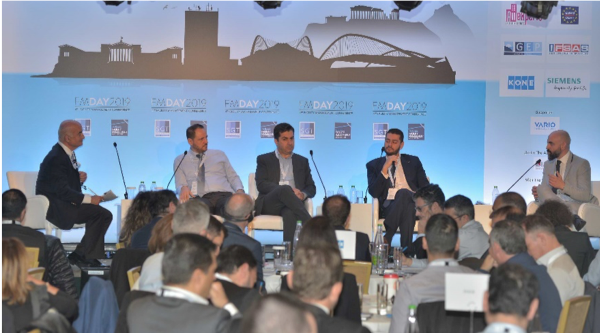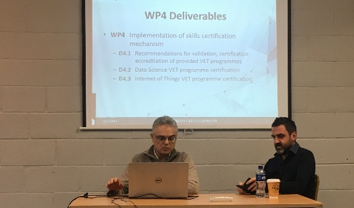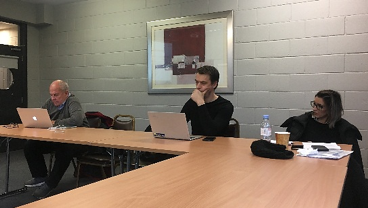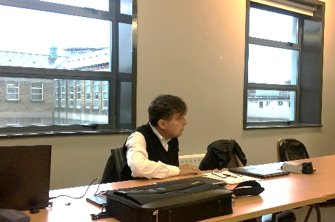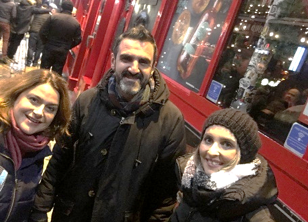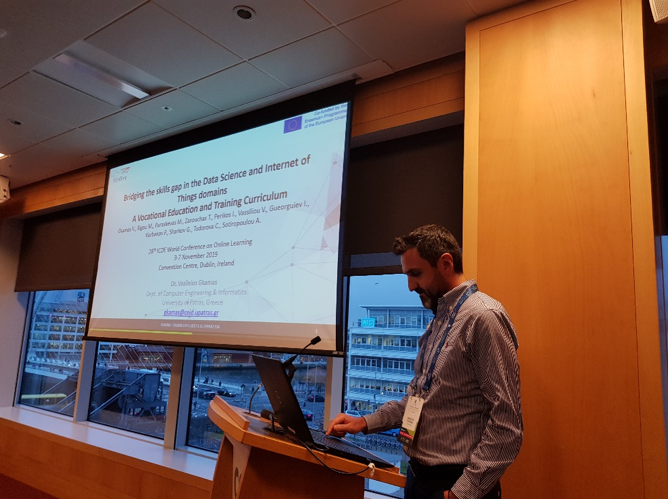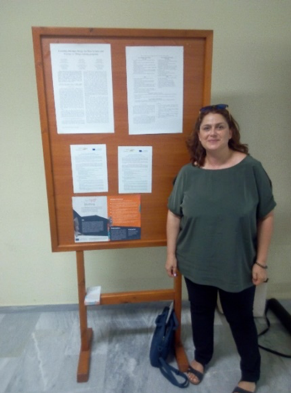The Hellenic Facility Management Association organized the 4th Facility Management Conference which took place on November 27, 2019 at Aegli Zappiou, Athens. Compared to previous years, the event was admittedly evolving with a new innovative approach that inspired the participants, by presenting aspects of the Digital Facility Management.
Since buildings account for up to 70% of energy consumption in major cities—and 30% of greenhouse gas emissions globally, according to statistics cited by Connected Cities USA, technologies that can contribute to the reduction of these figures are of great importance. Taking also into account that effective Facility Management includes additional services and actions such as those related to occupants’ safety, comfort and smooth operation of buildings’ equipment, the event revealed the necessity of sophisticated digital systems that process and correlate high volume of data generated by autonomous subsystems. The event concluded that integration of digital FM services is the only way to achieve best possible efficiency regarding building operating cost and wellbeing.
Dr. Alex Maniatopoulos (in the middle of the panel), CEO of Yodiwo, partner of SEnDIng consortium, presented Yodiwo innovative IoT platform for Facility and Energy management which enables unprecedented integration of digital FM services at various levels: The company’s edge computing technology, able to run on numerous hardware platforms, is used to collect and aggregate data from wireless sensors, from legacy building management systems and even from its embedded machine vision algorithms that process images captured by local cameras. The backend system of the platform, running on a server which may reside either in private premises or a public cloud, manages thousands of edge devices and processes their data, based on rules imported by FM experts. The backend system also interacts with other systems such as Computer Aided Facility Management tools, Building Information Management or ERP Systems. The platform also incorporates build-in or 3rd party analytics and advanced data visualization to drive the decision-making process of Facility Managers towards more energy-efficient buildings for a healthier and safer environment
Dr. Maniatopoulos analyzed the technologies that compose such an advanced IoT system and emphasized on the role of competent IoT and Data Science experts for the development of similar solutions, urging the attendants to follow the activities of SEnDIng project.
